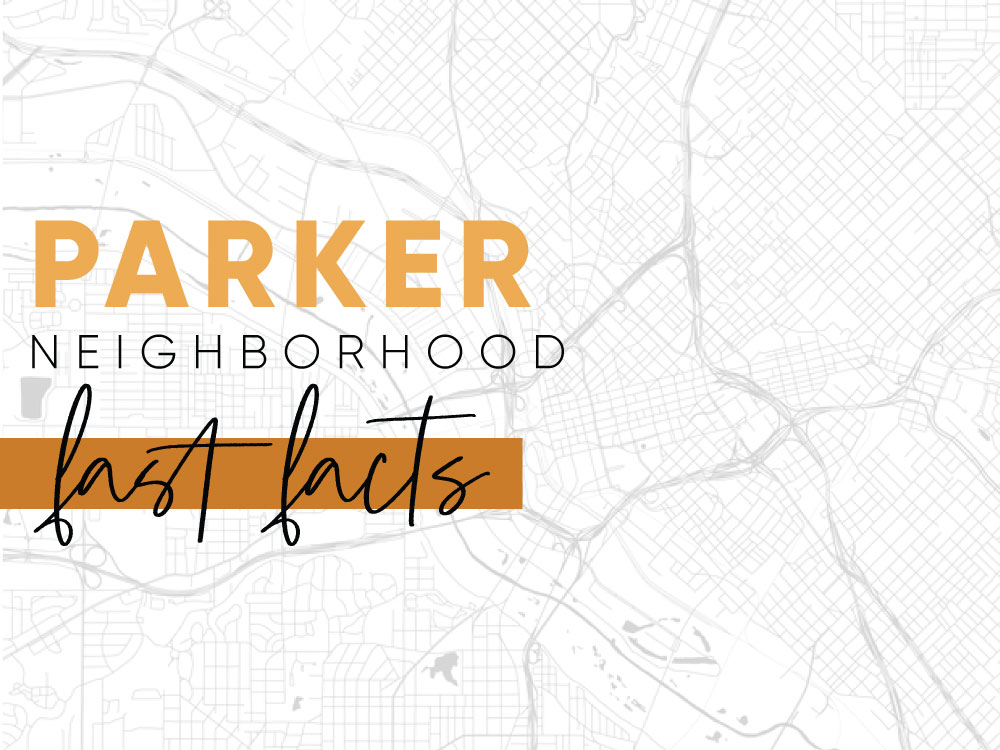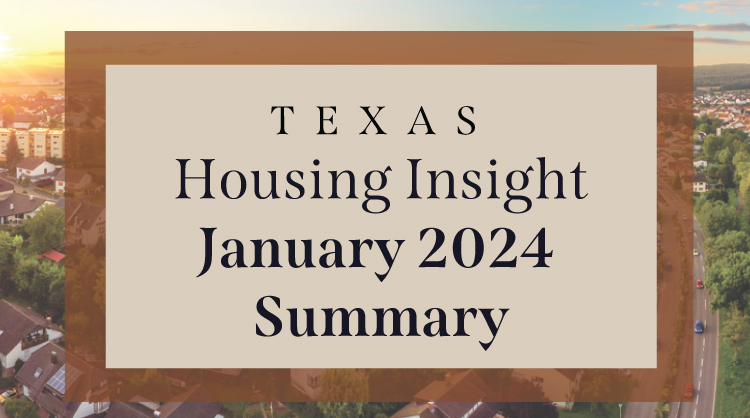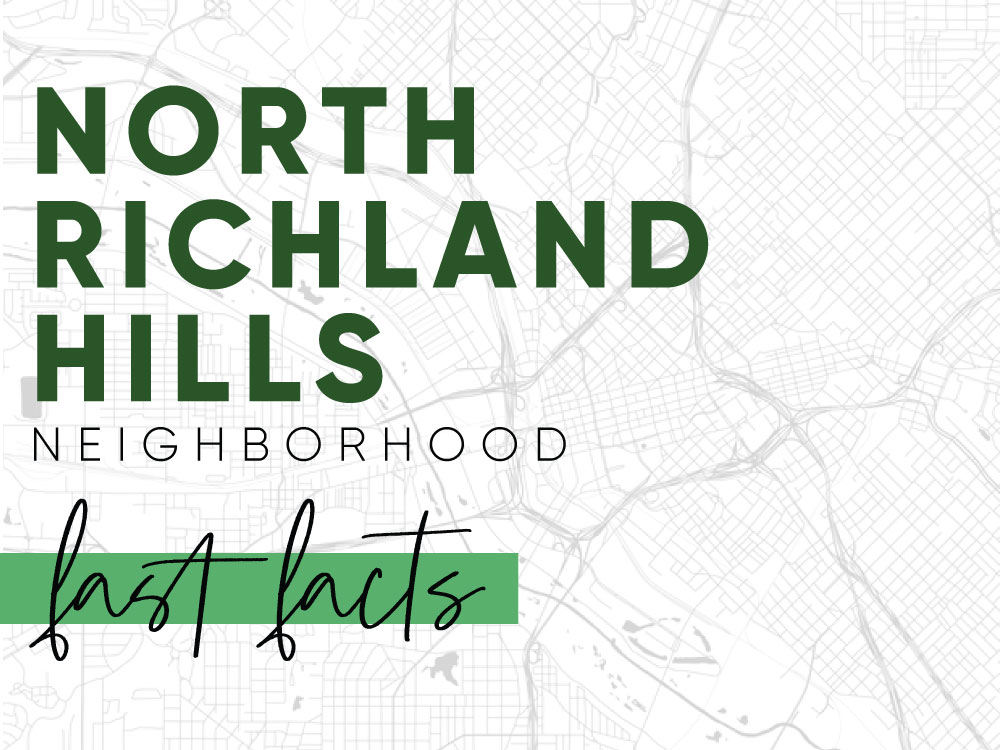
Spotlight on Parker
Click here for a printable version of the Parker Fast Facts and view all DFW Area Fast Facts here. Whether you’re a lifelong resident or

Click here for a printable version of the Parker Fast Facts and view all DFW Area Fast Facts here. Whether you’re a lifelong resident or

Homestead exemptions are a form of property tax relief provided to homeowners who use their property as their primary residence. In the ever-evolving landscape of

https://youtu.be/n0ygLPyn63c In March, there’s significant news across all reported counties: new and active listings have surged, particularly notable spikes seen in Collin and Denton counties.

Earth Day was founded in 1970 as a day of education about environmental issues, and Earth Day 2024 occurs on Monday, April 22. The holiday

Spring is in bloom, and along with warmer temperatures and more daylight, fields of flowers—including tulips or the state’s pride, bluebonnets—are one of the season’s

Housing sales rebounded from last month’s drop despite mortgage rates remaining at elevated levels. The average home price grew alongside sales, with the cost rising

Whether you’re a lifelong resident or new to the area, there’s always something new to discover about your neighborhood. With that in mind, we created

When navigating the world of insurance, it’s important to know the difference between title insurance and homeowners insurance. As a crucial aspect of homeownership, insurance

Spring is in the air, and it’s time to start planning for some al fresco dining in the beautiful outdoor spaces that Dallas-Fort Worth has

Republic Title is pleased to offer a variety of continuing education classes for our customers. Join us in March for classes including: Advanced zipForm® Tips
© COPYRIGHT 2021 REPUBLIC TITLE
CORPORATE OFFICE – 3033 W. PRESIDENT GEORGE BUSH HIGHWAY, SUITE 300 – PLANO, TEXAS 75075
(972) 578-8611